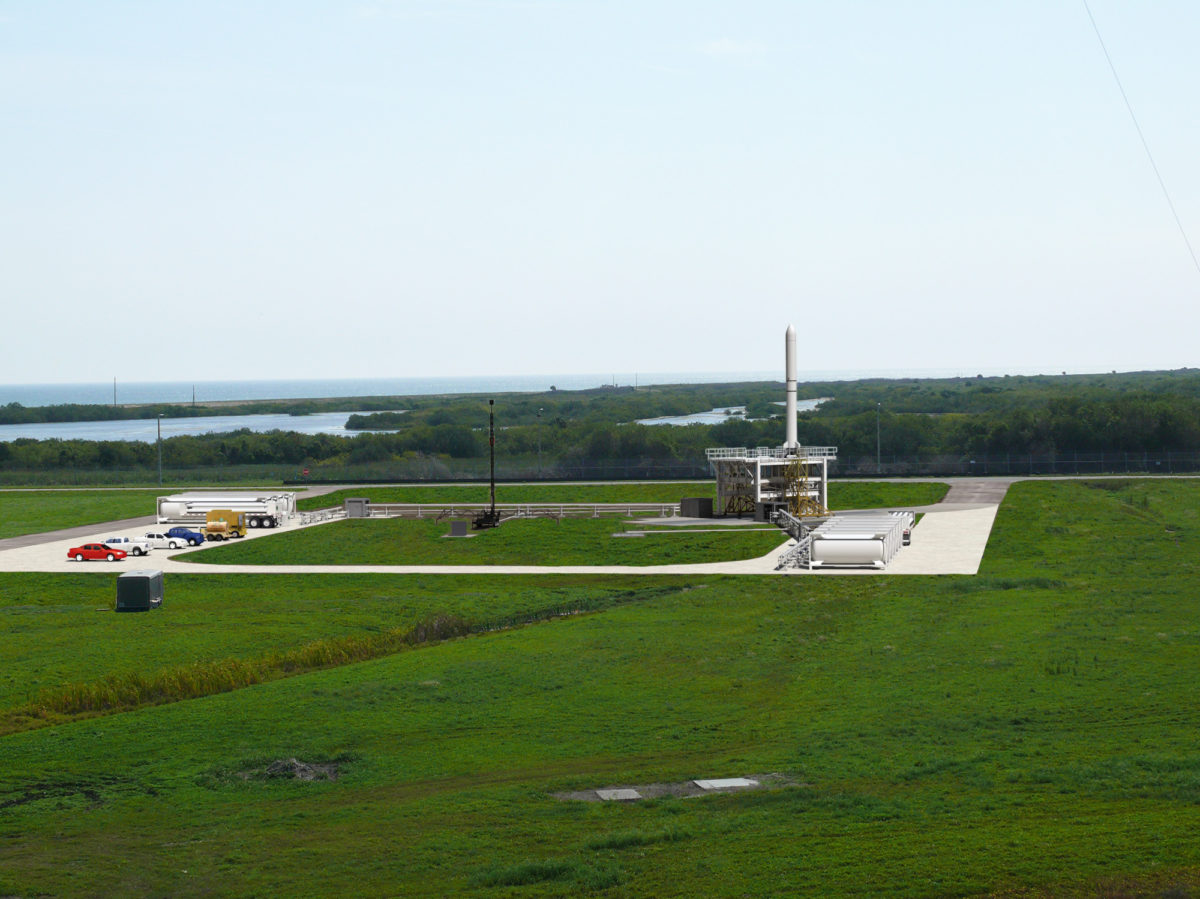Jason Davis • Oct 14, 2015
NASA-sponsored SmallSats Get Dedicated Rides to Space
NASA-sponsored small satellites will soon have dedicated rides to space, thanks to a new, light-duty rocket program called Venture Class Launch Services, or VCLS. NASA kicked off the program with a $17.1 million award spread between three spaceflight companies to provide one SmallSat-stuffed demonstration flight each to low-Earth orbit by April 2018.
"Until today, CubeSats have been dependent on other launch vehicles to obtain their ride to space and piggyback as hitchhikers," said Garrett Skrobot, NASA's Educational Launch of Nanosatellites mission lead. He called the current ride-sharing arrangement—where spacecraft like The Planetary Society's LightSail CubeSat hitch rides to orbit on rockets carrying large payloads—"coach class to space."
"CubeSats will now be the primary payload for these vehicles," Skrobot said. "Now, we are riding first class."
The three companies selected for VCLS demonstration flights are Firefly Space Systems, Rocket Lab, and Virgin Galactic. NASA awarded Rocket Lab $6.9 million, Firefly $5.5 million and Virgin Galactic $4.7 million.
Rocket Lab was founded in 2007. The company plans to use its two-stage Electron rocket, powered by an engine dubbed Rutherford that runs on liquid oxygen and refined kerosene. Rocket Lab's website says the first Electron launch is planned for 2015, with commercial operations starting in 2016.
Peter Beck, Rocket Lab's CEO, said Electron's NASA-sponsored mission would occur on Electron's fifth flight, scheduled for late 2016 or early 2017.
"We're just so excited—and honored, really—to be able to fly these NASA missions," Beck said, "and see what extraordinary things in science and innovation NASA is going to do with this launch vehicle."
Firefly Space Systems' launch vehicle is the Firefly Alpha. Like Electron, the Firefly Alpha is a two-stage, LOX/RP-1-fueled rocket. The first stage engine, dubbed Firefly Rocket Engine 2, has a less-commonly seen design called the aerospike, which resembles an inverted engine bell ringed by smaller rocket nozzles. Firefly says its aerospike design has better aerodynamic performance throughout the overall course of flight, as opposed to a traditional engine bell design.
"In 2017, we will start our suborbital flights right here from Kennedy Space Center," said Maureen Gannon, vice president of business development for Firefly. In a follow-up tweet, the company said it would likely choose Kennedy's new small-scale launch pad 39C for suborbital flights. Pad 39C is located within the perimeter of pad 39B, which is reserved for Space Launch System flights.
We are planning our sub-orbital test flight program from @NASAKennedy (likely Launch Complex 39C) thanks to the great work of @SpaceFlorida
— Firefly Space (@Firefly_Space) October 14, 2015Virgin Galactic takes a different approach than its fellow VCLS award recipients: It relies on an air-launched rocket that drops from the belly of a carrier aircraft flying at 35,000 feet. The rocket, called LauncherOne, is also a two-stage, LOX/RP-1-powered vehicle.
Steve Isakowitz, Virgin Galactic's president, said the key advantage of the LauncherOne approach is that the carrier aircraft's range allows a payload to be sent to a wide variety of orbital inclinations. "It's the ability to go to the orbit you want to go to, from multiple locations," he said.
All three companies advertise their payload capabilities in terms of sun-synchronous orbits, where surface illumination is roughly the same on each orbital pass. For Virgin Galactic, that capability is 200 kilograms at a price below $10 million. Firefly offers a price of $8 million for 200 kilograms to sun-synchronous orbit, or 400 kilograms to equatorial orbit. Rocket Lab says a 150-kilogram payload launches at a cost of $4.9 million.
The Time is Now.
As a Planetary Defender, you’re part of our mission to decrease the risk of Earth being hit by an asteroid or comet.
Donate Today

 Explore Worlds
Explore Worlds Find Life
Find Life Defend Earth
Defend Earth



